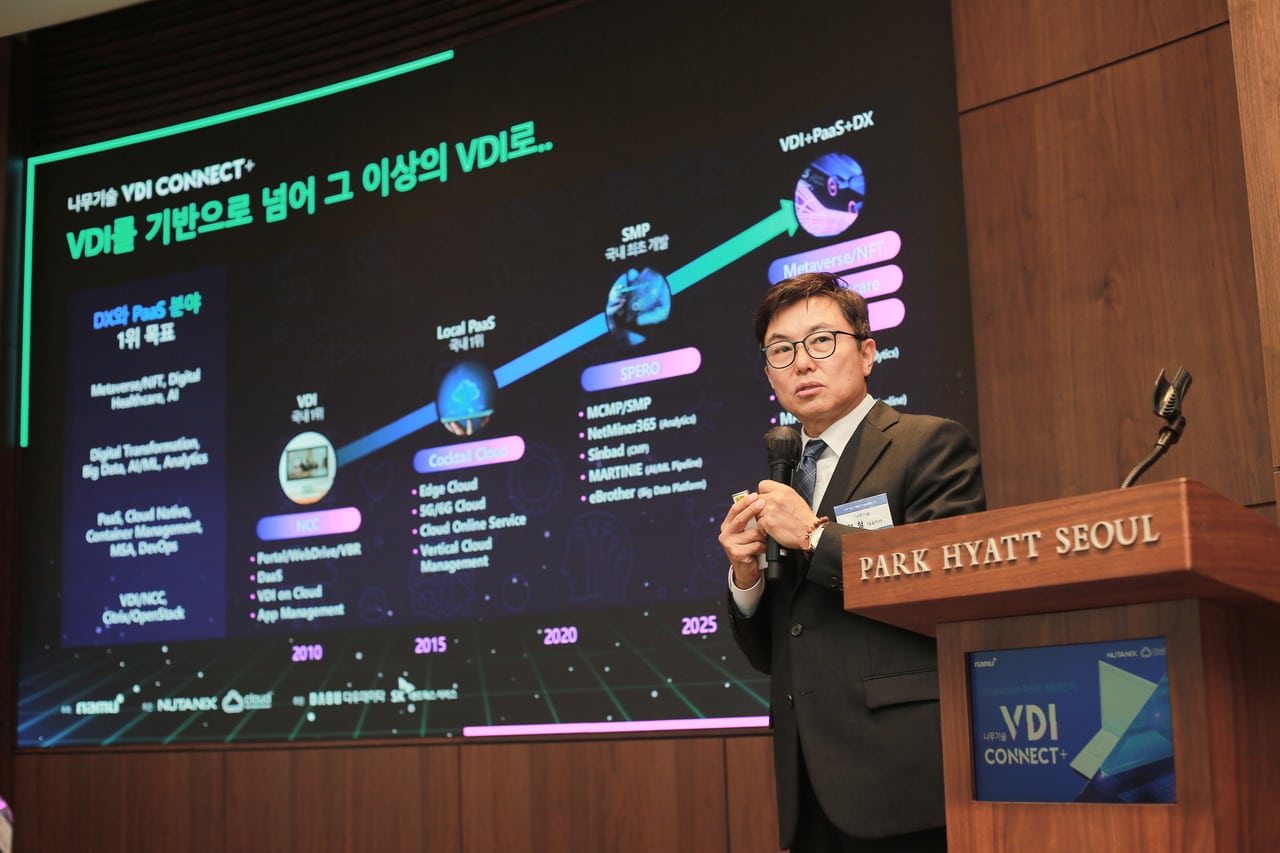
1) Cluster Management Layer
– Layer responsible for container deployment/running infrastructure and orchestration
Cocktail Cloud provisions the cloud infrastructure and orchestration engine according to user settings, and CUBE is responsible for this role. CUBE configures a highly available Kubernetes cluster, and the cluster provides high stability and scalability.
2) Service Management Layer
– Layer responsible for container configuration and management based on the service
Orchestration engines such as Cocktail Cloud requires additional objects such as service ports, controllers, and volumes in addition to containers. It needs an abstraction unit that packages and manages containers and related objects. The service management layer is in charge of this.
3) Pipeline Layer
– A layer that performs continuous integration/distribution by automating the process from code to container building and deployment
The pipeline provides the basis for DevOps through continuous integration and deployment (CI/CD). DevOps emphasizes continuity and organic cooperation between development and operations, and CI/CD is one of DevOps’ necessary components and is very important in container-based development/operation.
4) Catalog Layer
– Layer that provides runtime templates that can be used in common
Templating the runtime container image and distribution information such as DB or middleware that are often utilized reduces repetitive work and will allow for easy deployment and use at any time. The layer responsible for creating and managing these templates is the catalog layer. The catalog has two types depending on its purpose: service catalog and platform catalog.
5) Dashboard Layer
– Layer that provides cluster, service status, and monitoring
The dashboard provides views appropriate to the user’s role according to the authority.
The user rights provided by Cocktail Cloud are as follows:
Admin: Has the authority to manage clusters and manage all services of Cocktail Cloud.
DevOps: The users have administrative privileges only for the workspace assigned to those users. Each workspace has a dashboard.

